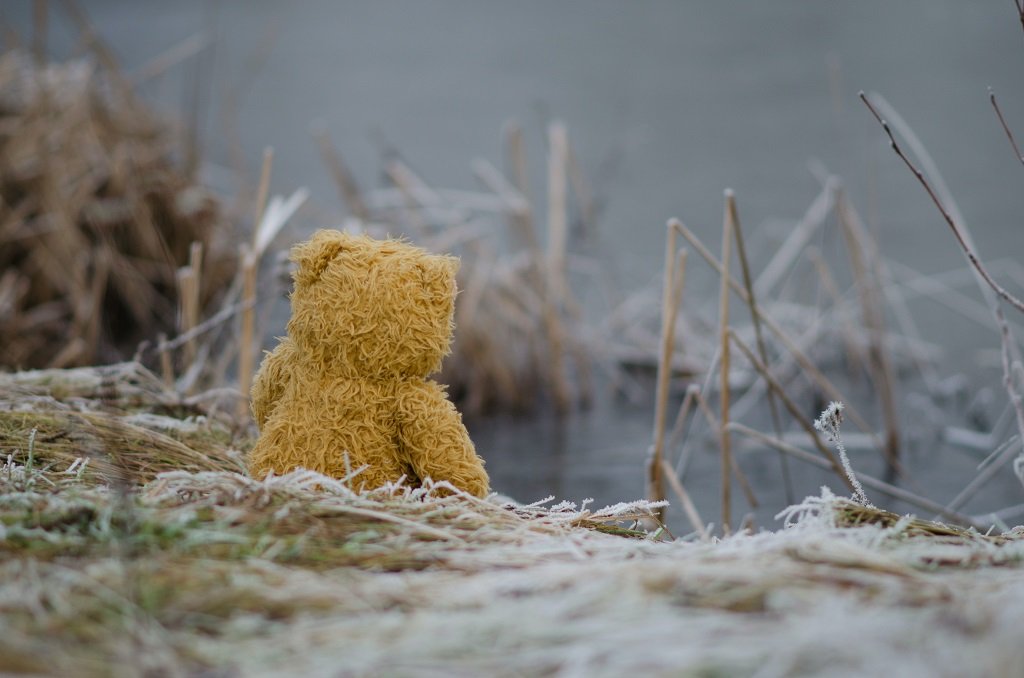How to know if you're getting too much solitude
We all know a certain amount of solitude is good for you. But how much is too much?
Rather than measure in hours or days, it helps to look at the reasons behind your desire for time alone.
As long as I can remember I've valued time on my own. Social events were obligations to cross off my list and proclaim my status as a well-rounded human being.
Most times, these interactions felt like drudgery. I couldn't wait to leave them and be on my own again.
However, a few years ago I attended a retreat that made me rethink my need for solitude. The leader suggested excessive amounts of time alone could indicate something deeper that needs addressing.
I heeded her advice and began to question why I only felt truly comfortable on my own. People exhausted me, a fact I'd attributed to my natural introversion.
As I dove into the research around complex PTSD, however, I learned that survivors like me often feel triggered by people - any people.
Because we feel compelled to wear a social mask, avoid conflict, and have poor boundaries, social interactions leave us feeling empty, unseen, and even violated.
Doing the work around solitude
Too much solitude comes as a result of fear of rejection if we show up as our authentic selves. Instead, we hide the parts that feel unlovable because we were punished for showing them to our former caregivers.
Rather than do the work of asserting ourselves, we let others control the conversation. Rather than face the discomfort of posing a conflicting opinion, we remain silent.
When you grow up with rejection for your very essence, it's hard to show up as yourself in social interactions. You refuse yourself permission to disagree or do what you want instead of what someone else wants.
Your hypervigilance puts you on high alert to other peoples' needs and wants. Those scream much louder than your own desires, which get drowned out and pushed down.
After years of trying to be social because you know you're supposed to, you give up and decide it's easier to be alone.
In fact, you feel more alone with people than you do on your own. So why not save yourself the trouble of going out?
When we hear the truth that we need other people, that should come with a disclaimer. It only works if you're meeting each other as your true selves.
When one of you is hiding and pleasing and agreeing, that's no better than solitude. In fact, it's much worse.
So, ask yourself if your need for solitude comes from a true heart desire. Or is it coming from a place of fear and avoidance?
Do you have work to do in your dealings with other people so you can show up as your authentic self, get your needs met, and feel seen and known for who you are?


